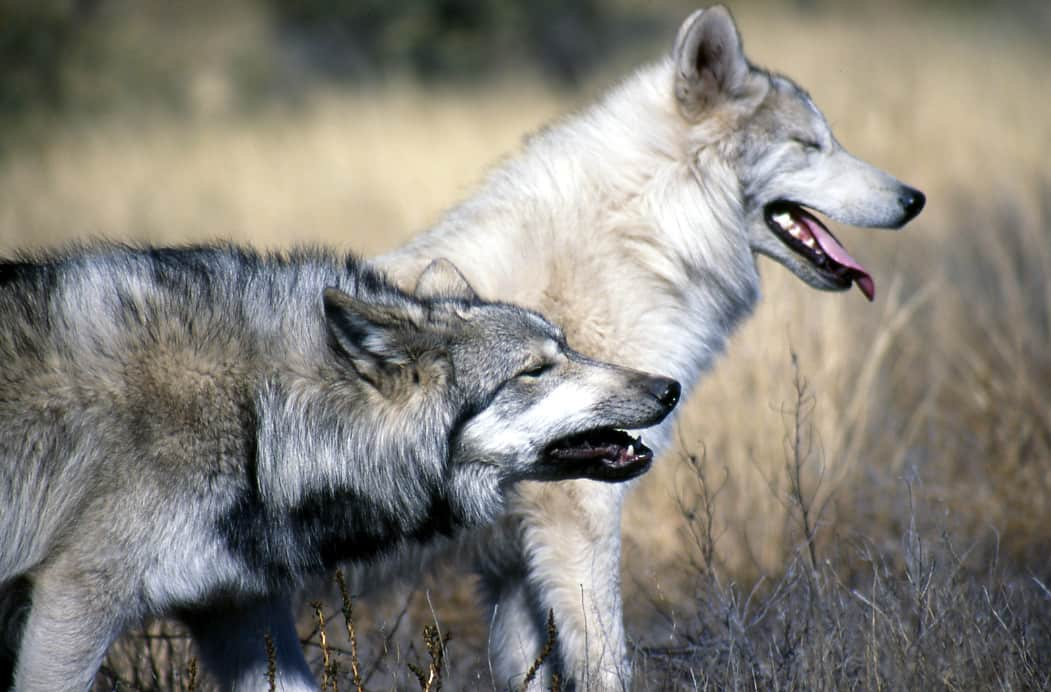Wolf Hunting Legislation Finds Opposition from Native Americans
OutdoorHub Reporters 03.13.12

“It’s like they want to come in here and shoot my brothers and my sisters,” Mary Favorite, a member of the Ojibwe tribe of Native Americans, told Minnesota Public Radio when asked about her thoughts regarding wolf hunting in Wisconsin.
Favorite’s statement is one echoed by many Great Lakes area Native Americans. According to the New York Times, “The Great Lakes Indian Fish and Game Commission which represents 11 tribes of the Ojibwe (also known as the Chippewa or Anishinaabe) in Wisconsin, Minnesota, and Michigan opposes the hunt on the basis of religious principle and tradition.”
Some tribes have already taken steps to prevent wolf hunting. In 2010, the Red Lake Band of Ojibe declared almost 850,000 acres of land as a wolf sanctuary. Other tribes have banned wolf hunts except for specific ceremonial purposes, or if the wolf is a threat to livestock or humans.
In a written letter to both Wisconsin legislative houses, James Zorn, executive administrator wrote “In the Anishinaabe creation story we are taught that Ma’iingan (wolf) is a brother to Original man.” He continued, ‘The health and survival of the Anishinaabe people is tied to that of Ma’iingan.” This belief is one that is common among many Native American tribes.
While the legal systems of state governments and tribal governing bodies are completely separate land ownership would complicate the enforcement of any law passed, in the Great Lakes states many tribal lands have a “checkerboard pattern” that could make determining whether or a not a wolf could be taken difficult for hunters.
Advocates of wolf hunting argue that wolves can be a very damaging species if not adequately controlled. Wolves prey extensively on other wild animals like elk and the reintroduction of wolves in several western states has had a corresponding (some would say unnatural) negative effect on the populations of other species in their ecosystems. Proponents of wolf hunting also point to the attacks perpetrated on livestock by wolves as evidence that they need to be controlled.
Long time Ojibwe tribal activist Bob Shimek believes opposition to wolf hunting laws will only get stronger— at least in Minnesota. However, he doesn’t believe Native American opposition will change the minds of law makers. “I honestly believe that a thousand Indians could show up in St. Paul to testify against this wolf legislation and it would not matter one single bit in terms of the outcome,” Shimek said to Minnesota Public Radio, “that’s just the nature of politics.”

